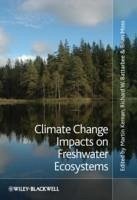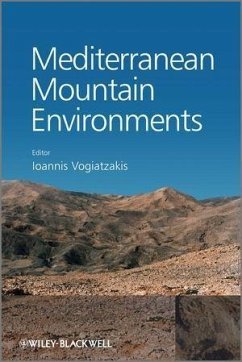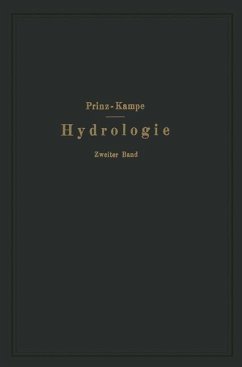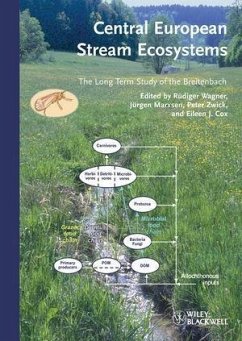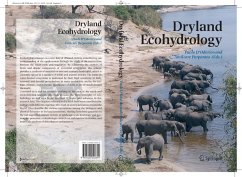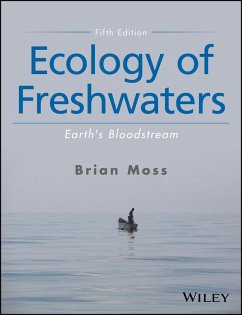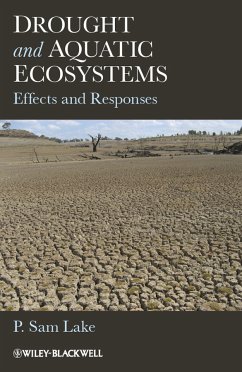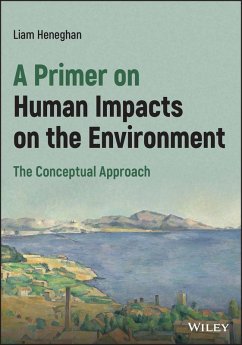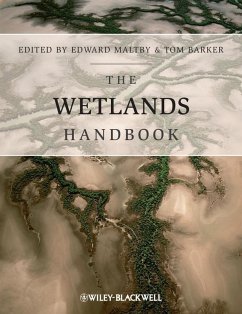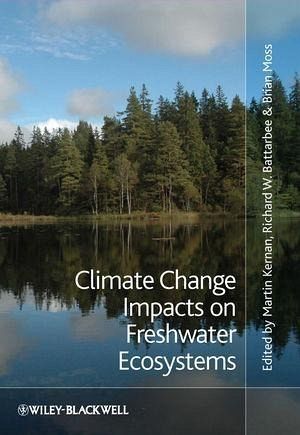
Climate Change Impacts on Freshwater Ecosystems (eBook, PDF)
Versandkostenfrei!
Sofort per Download lieferbar
68,99 €
inkl. MwSt.
Weitere Ausgaben:

PAYBACK Punkte
0 °P sammeln!
This text examines the impact of climate change on freshwater ecosystems, past, present and future. It especially considers the interactions between climate change and other drivers of change including hydromorphological modification, nutrient loading, acid deposition and contamination by toxic substances using evidence from palaeolimnology, time-series analysis, space-for-time substitution, laboratory and field experiments and process modelling. The book evaluates these processes in relation to extreme events, seasonal changes in ecosystems, trends over decadal-scale time periods, mitigation ...
This text examines the impact of climate change on freshwater ecosystems, past, present and future. It especially considers the interactions between climate change and other drivers of change including hydromorphological modification, nutrient loading, acid deposition and contamination by toxic substances using evidence from palaeolimnology, time-series analysis, space-for-time substitution, laboratory and field experiments and process modelling. The book evaluates these processes in relation to extreme events, seasonal changes in ecosystems, trends over decadal-scale time periods, mitigation strategies and ecosystem recovery. The book is also concerned with how aspects of hydrophysical, hydrochemical and ecological change can be used as early indicators of climate change in aquatic ecosystems and it addresses the implications of future climate change for freshwater ecosystem management at the catchment scale. This is an ideal book for the scientific research community, but is also accessible to Masters and senior undergraduate students.
Dieser Download kann aus rechtlichen Gründen nur mit Rechnungsadresse in D ausgeliefert werden.



